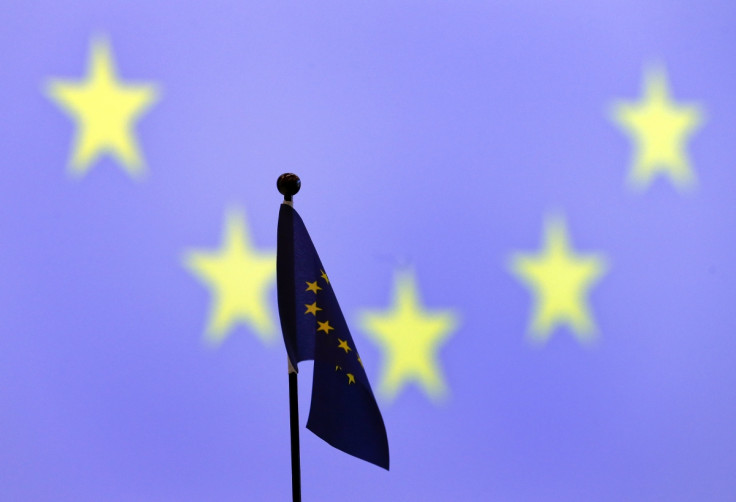S&P Downgrades EU's Top Rating Citing Lack of Support From Member States

Credit rating agency Standard & Poor's has stripped the European Union of its top rating due to rising risks to the support of the single-currency region from some member states.
S&P cut the region's long-term rating by one notch to AA+, with a stable outlook. The agency, however, affirmed the EU's short-term rating at A-1+.
"The downgrade reflects our view of the overall weaker creditworthiness of the EU's 28 member states. We believe the financial profile of the EU has deteriorated, and that cohesion among EU members has lessened," S&P said in a statement.
"In our view, EU budgetary negotiations have become more contentious, signalling what we consider to be rising risks to the support of the EU from some member states."
S&P had earlier revised its outlook on its long-term rating on the EU to negative on 20 January, 2012. Since then, the average credit rating of EU member states has declined to AA from AA+, according to the agency.
On 20 November, S&P downgraded the Netherlands from its AAA top rating. That is after the agency downgraded member countries including France, Italy, Spain, Malta, Slovenia, and Cyprus.
Since 2007, the revenues contributed by AAA rated member states as a proportion of total revenues have nearly halved to 31.6%. Furthermore, the average GDP weighted rating of the EU has declined to between A+ and AA+ over the same period, according to S&P.
It also expects that the average maturity of the EU's loan portfolio will increase to 19.5 years from 12.5 years in 2013 once it extends advances to Ireland and Portugal, which represent 80% of EU loans outstanding.
The stable outlook reflects its view that "the risks to our long-term rating on the EU are balanced", S&P added.
'Questionable'
S&P's move has angered the EU, which said the credit rating agency's rationale is "questionable".
"The Commission disagrees with S&P that member state obligations to the budget in a stress scenario are questionable," EU Economic Affairs Commissioner Olli Rehn said.
"All member states have always and also throughout the financial crisis provided their expected contributions to the budget in full and in time."
© Copyright IBTimes 2025. All rights reserved.






















